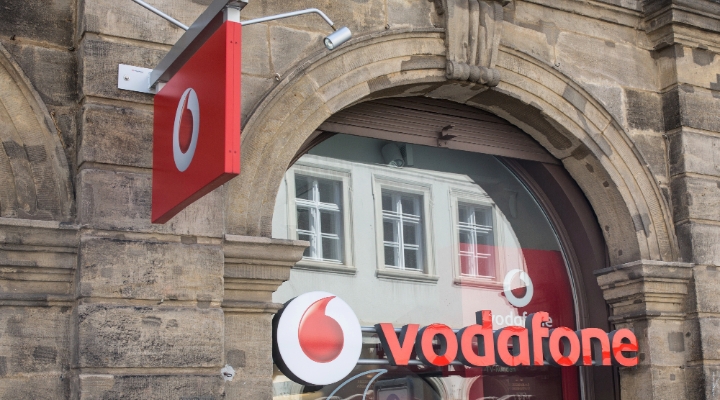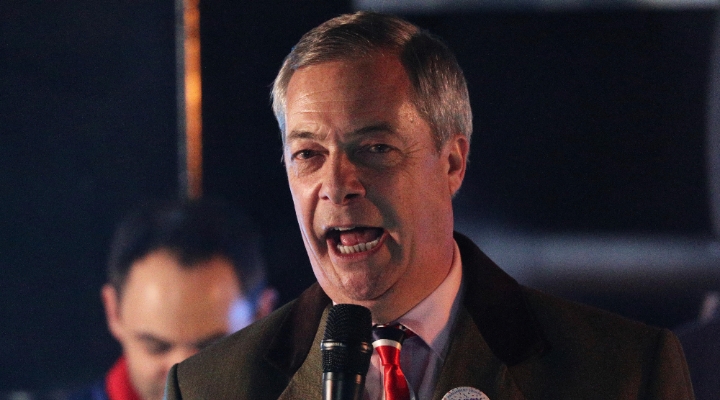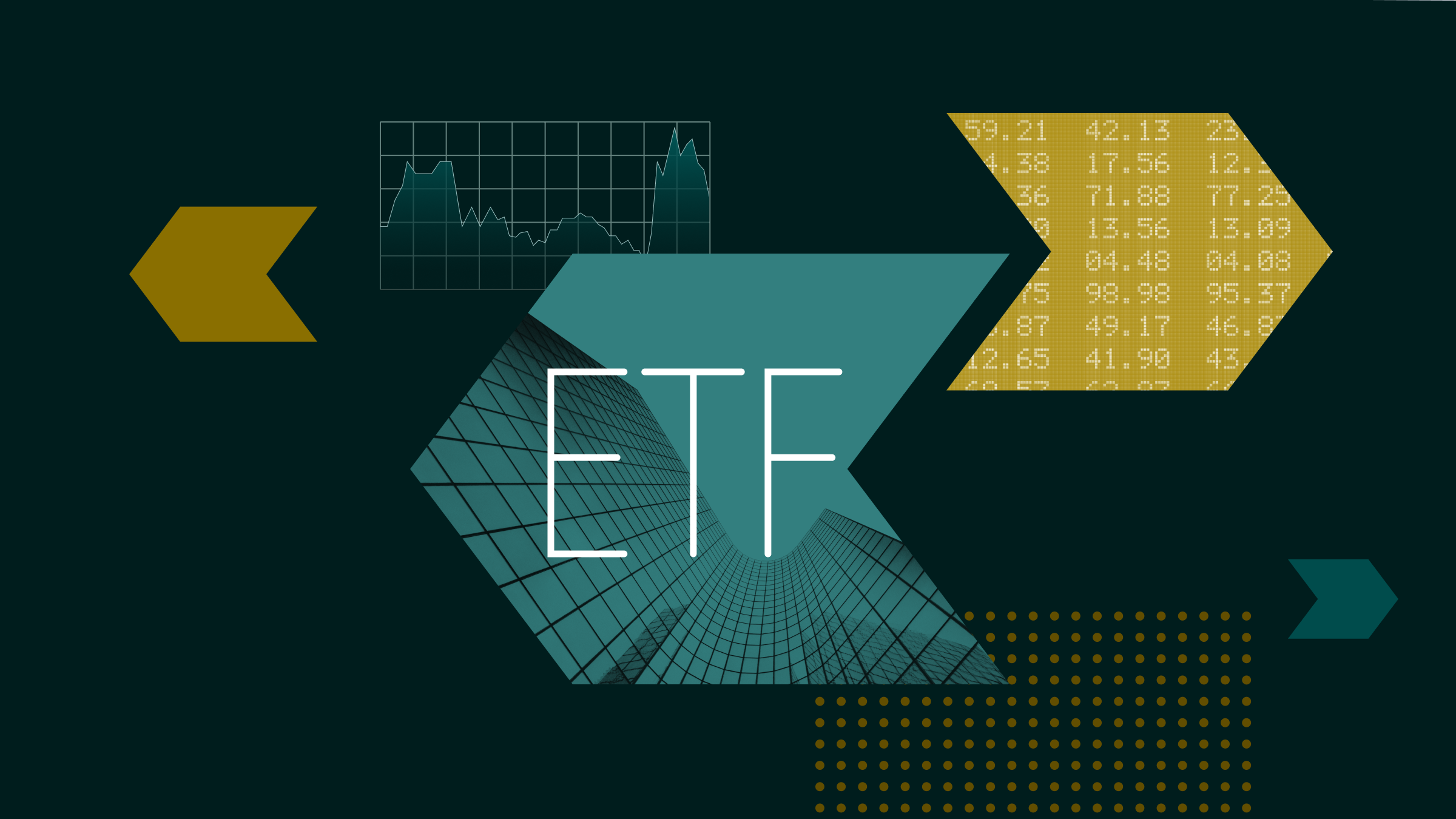
Won’t Somebody Think of the Homeowners?
The Bank of England ratcheted the base rate up to 5% yesterday – the highest it has been for 15 years – and questions are being raised about whether homeowners will get help to manage spiralling mortgage costs. The government has given strong soundings that additional funds won’t be available, which is hardly a surprise given figures this week showed government debt has now surpassed GDP (the first time this has happened since 1961). However, there are calls for the banks to do more, and chief execs are being called into the Treasury today to discuss potential solutions. Labour has said it would ‘force’ banks to offer more help. But the question is what? Regulatory guidance, in place since Covid, already requires banks to offer a degree of flexibility, at least on a temporary basis, to struggling homeowners, offering interest-only terms or payment holidays for example. When Covid hit, banks agreed to pause all new repossession orders. Is similar action likely again? And for how long would this have to remain in place, given the BoE is now predicting the base rate to average at 5.5% over the next three years (up from its forecast of 4% as recently as May). But, without such measures repossession rates could rise and climb back to levels not seen since the mid-1990s. Morningstar’s article looks in more depth at the severity of the current UK’s mortgage crisis.
But Renters are Left Out in the Cold
It isn’t just homeowners feeling the pinch from higher interest rates. We learned this week that rental costs have risen by more than 10% in a year and now stand at the highest level for a decade. An overheated housing market has meant fewer renters can afford to become first-time buyers, meaning ever more renters are competing for a fixed (and in some cases falling) number of rental properties, pushing up prices. Meanwhile, many landlords are trying to offset increased mortgage costs by bumping rents even further. While there have been numerous calls to help homeowners with rising mortgage payments, there hasn’t been the same clamour to protect renters, many of whom can be evicted far quicker than it takes a mortgage repossession order to work its way through the courts. The current myriad problems in the housing market look set to get significantly worse before they get better.
Speed-Dating for Mortgaging
Rounding off what we learned about home ownership this week, if you are looking to remortgage, you need to move quickly. The series of recent interest rate rises has caused havoc in the mortgage market, with hundreds of products being withdrawn, often at very short notice. Figures released this week suggest that those buying or remortgaging a property have on average just 20 minutes to accept a mortgage offer. Those that dither for longer, perhaps trying to calculate which permutations of rate, upfront fee and exit charges might work best, risk losing the whole deal and then having to reapply for what is likely to be a more expensive home loan. Given this is the biggest financial commitment most people make it does feel somewhat rushed and not necessarily conducive to making well thought through decisions.
Non-Uniform Payroll Errors
Given the focus on governance these days you would think large FTSE-listed retailers would have proper systems in place to ensure staff are paid correctly. But apparently not. This week, we learned WH Smith paid out £1 million to its employees after it asked them to provide their own uniforms – which pushed salaries below the minimum wage. And they weren’t the only ones. A government report found M&S had also underpaid employees after failing to pay temporary staff quickly enough; Argos (now owned by Sainsbury’s) short-changed its employees due to a technical ‘payroll error’. Meanwhile, Lloyds Pharmacy and Buzz Bingo had run into similar problems regarding uniforms and pay. While these employers have now paid back what is due, it is clear there may need to be more focus on the ‘G’ in ESG in many organisations.
Zopa Float Delayed Yet Again
Another week, another blow for the London Stock Exchange. This time it was from fintech bank Zopa, which has delayed its IPO – again. Zopa’s boss Jaidev Janardana described the public markets as suffering from a ‘temporary closure’ and said the company wasn’t likely to go public until the end of 2024. Zopa, which launched in 2005 as a peer-to-peer lender, had previously been planning to float in 2022. Plus, while Janardana did say the company was targeting a London listing, he also noted that he couldn’t rule out an IPO on another market. But London isn’t the only exchange that has seen new IPOs dry up. A recent report from PwC said volatility in the banking sector had led to limited activity in the UK, Europe and the US.
George Osborne’s Aide Eyes Return to Parliament
When he was George Osborne’s chief of staff Rupert Harrison earned the nickname ‘the real Chancellor’, for the role he played in helping formulate and communicate policy. Since Osborne left office, Harrison has worked as a portfolio manager for BlackRock, as well as being hired as an economic adviser to the current Chancellor, Jeremy Hunt, Now, Harrison has been selected as the Conservative candidate for a new Oxfordshire constituency at the next general election. The seat, created as a result of boundary changes, looks to have a solid Conservative majority. If he wins, no-one will be surprised to see him rapidly promoted, but much will depend on results elsewhere whether he will get the main Chancellor gig or whether he will remain in the shadow.
There Might be an Actual Battle of the Tech Bros…
We perhaps should have learned by now not to take everything Elon Musk tweets at face value. But his comments this week, challenging Meta boss Mark Zuckerberg to a cage fight, certainly made headlines, particularly when Zuckerberg appeared to agree, challenging Musk to name the time and place. The prospect of two of the world’s most famous tech billionaires slugging it out in a Vegas Octagon, certainly caught people’s imagination. Though Musk’s comment that his favourite move is ‘The Walrus’ – which, he explained, is ‘where I just lie on top of my opponent & do nothing’ might perhaps suggest that this is showdown is unlikely to be coming to Sky Pay Per View special anytime soon.
… But the Regulatory Spotlight is on Amazon
Jeff Bezos isn’t jumping into a cage with anyone, instead his firm Amazon faces regulatory fights on a number of fronts. The US consumer watchdog has accused it of ‘manipulative’ website design which dupes customers into subscribing to its Amazon Prime service. Meanwhile in Congress, veteran senator Bernie Sanders has launched an investigation into health and safety at the company’s warehouses. Sanders described Amazon as one of America’s ‘most dangerous’ employers and said injury rates at its facilities were higher than at other warehouses. Amazon has said it strongly disagrees with both claims and will defend its track record on employee safety and customer fairness.
Saga Cruises Into Profit
Cruise operators were hard hit by Covid horror stories early on in the pandemic about passengers being trapped on luxury liners that became ‘plague ships’ effectively quarantined offshore. But this hasn’t dampened enthusiasm today for this type of holiday, particularly among older travellers. Saga reported this week that bumper bookings for its cruises has helped boost profits, with 2023 forecasts significantly ahead of last year. But while its was plain sailing ahead for its cruise and travel division, Saga said its insurance broking business faced a ‘challenging market’ with sales down. It is understood the company has been hit by new regulations designed to stop insurers offering cheaper premiums to new customers while bumping up costs for loyal customers looking to renew policies.
Church to Ditch Oil Investments
Ethical investments in the UK grew out of the Quaker religious movement. It now looks like the Church of England is taking a similarly strong ESG investment stance particularly in relation to net zero. The Church Commissioners, which manages a £10.3 billion endowment fund, and the CoE Pension Board, will ditch all investments in Shell and BP this year, alongside a host of overseas oil and gas companies like ExxonMobil, Total and Repsol over their failure to meet interim Paris Climate targets. This will see some £100m divested from these companies. The Archbishop of Canterbury, who used to work in the oil industry, before studying theology and taking up holy orders, said it was the Church’s duty to “protect God’s creation” and energy companies were not doing enough on this front. To be cast with the sinners might not bother too many oil executives, but will this withdrawals of substantial investment funds help them see the light when it comes to reducing carbon emissions?










.jpg)


















